UAW Vice President Rich Boyer Breaks Silence On Shawn Fain
Boyer Says Union Culture Is “Fear And Retaliation” Under Current Leadership
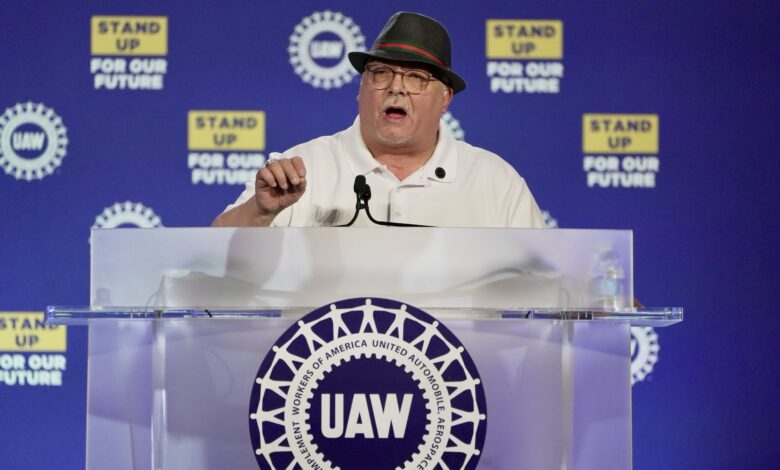
The ongoing drama inside the United Auto Workers (UAW) leadership is spilling into public view as Vice President Rich Boyer is now speaking out against President Shawn Fain, describing a “toxic” environment at the top of the union. In an exclusive interview with the Detroit Free Press, Boyer pulled no punches, accusing Fain of creating a culture of “fear and retaliation” while sidelining veteran leaders like himself.
Boyer, who has spent 30 of his 40 years in the UAW in leadership roles, choked up during the interview as he talked about how the internal battles have taken a toll on both his work and his personal life.
“He ain’t no leader, because a real leader wouldn’t do the things he does,” Boyer said about Fain. “A real leader sits down with people, has communication, and gives clear-cut direction. … If you want to know the truth, it breaks my heart. It breaks my heart bad.”
Boyer is currently locked in a bitter internal battle to regain his oversight of the Stellantis department—a post that was stripped from him in June 2024 when Fain accused him of being derelict in his duties. That department is no small assignment; it represents roughly 40,000 union members working at Stellantis in the United States.
Boyer Says Retaliation Is Real –
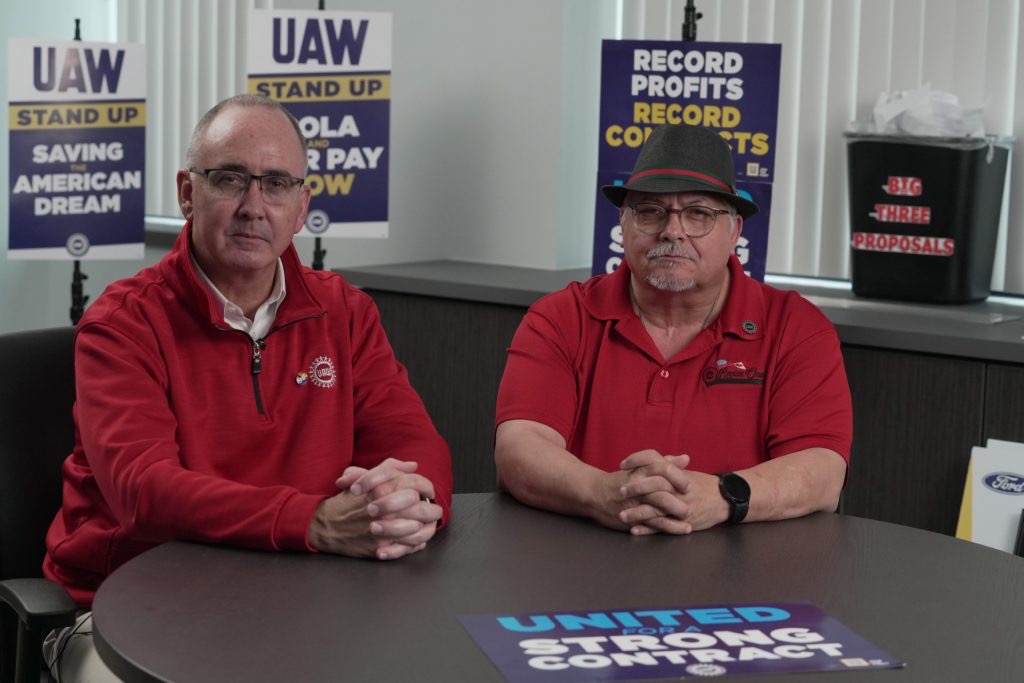
According to Boyer, this fight is about more than just his title or his former role overseeing Stellantis. He has filed formal claims of retaliation against Fain, which a court-appointed federal monitor is now investigating. Boyer alleges that he was punished after refusing to take actions that would benefit Fain’s fiancée and her sister.
The UAW has been under the watchful eye of federal monitor Neil Barofsky since the fallout of the 2017 corruption scandal that sent multiple UAW officials to prison. Barofsky, who works with Jenner & Block LLP in Chicago, is tasked with ensuring the union maintains ethical conduct and a fair internal process.
Boyer said his breaking point came after receiving a memo on July 29, informing him that he would not be allowed to bring an attorney to an upcoming International Executive Board (IEB) meeting where he had hoped to appeal Fain’s decision.
“I haven’t slept because I’m so tired, I’m tired, man,” Boyer said. “Can’t we just put the energy on the (expletive) people? This is supposed to be about the people.”
The attorney in question, Michael Nicholson, is a former UAW general counsel with 20 years of experience representing the union. Boyer argues that Article 33 of the UAW Constitution gives him the right to have an attorney present for his appeal as a member in good standing.
Nicholson echoed that view in an emailed statement:
“Rich Boyer is a member in good standing of UAW Local 140. As such, he has a right to appeal and the right to his own lawyer under Article 33, Section 4(f) of the UAW Constitution… He hopes that the IEB will honor his right as a UAW member to counsel of his own choosing.”
A Culture Of Cliques And Silence –
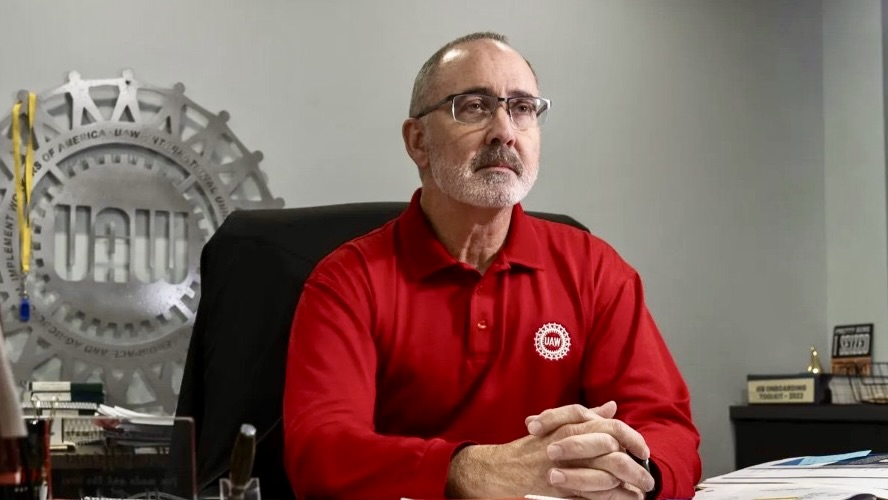
Boyer painted a bleak picture of life inside the UAW’s 14-member International Executive Board. He described cliques, infighting, and a communication breakdown that leaves critical union issues unaddressed.
“Fain doesn’t talk to me,” Boyer said. “I don’t talk to him. If I call him, he may call back two weeks later. He doesn’t answer my phone calls. He doesn’t — nothing.”
Boyer claims that under Fain’s leadership, decisions are being made based on loyalty rather than what is best for the rank-and-file members.
“If you’re not in that small clique, and you say something out of context, you’re looking at possibly a demotion or termination,” Boyer said. “And that’s improper. That’s not a democratic process.”
The tension has been felt in recent votes within the union. Six local UAW chapters have filed Article 30 charges against Fain, an internal process that could potentially lead to his removal from the presidency if pursued.
Oversight And The Bigger Picture –

Boyer’s allegations come on the heels of the federal monitor’s June report, which already criticized Fain for retaliatory behavior against Secretary-Treasurer Margaret Mock. Mock, like Boyer, had some of her duties stripped after clashing with Fain. The monitor concluded that Mock had indeed faced retaliation but postponed any action against Fain pending further investigation—an investigation that now includes Boyer’s claims.
To Boyer, the timing is critical. He feels the union’s focus has drifted away from the issues that matter to the membership, such as how new federal legislation will affect retirees, the implications of tariffs on automaker finances, and the ongoing economic pressures facing Detroit’s auto industry.
“We haven’t sat down and talked about this Big, Beautiful Bill and what it’s going to do to Medicaid and Medicare for our retirees,” Boyer said. “We have no idea what direction we’re going in. None.”
Boyer also noted that he has requested multiple IEB meetings to discuss recent tariffs that reportedly cost the Detroit Big-3 automakers hundreds of millions of dollars, but those meetings never materialized.
A Long History In The Union –
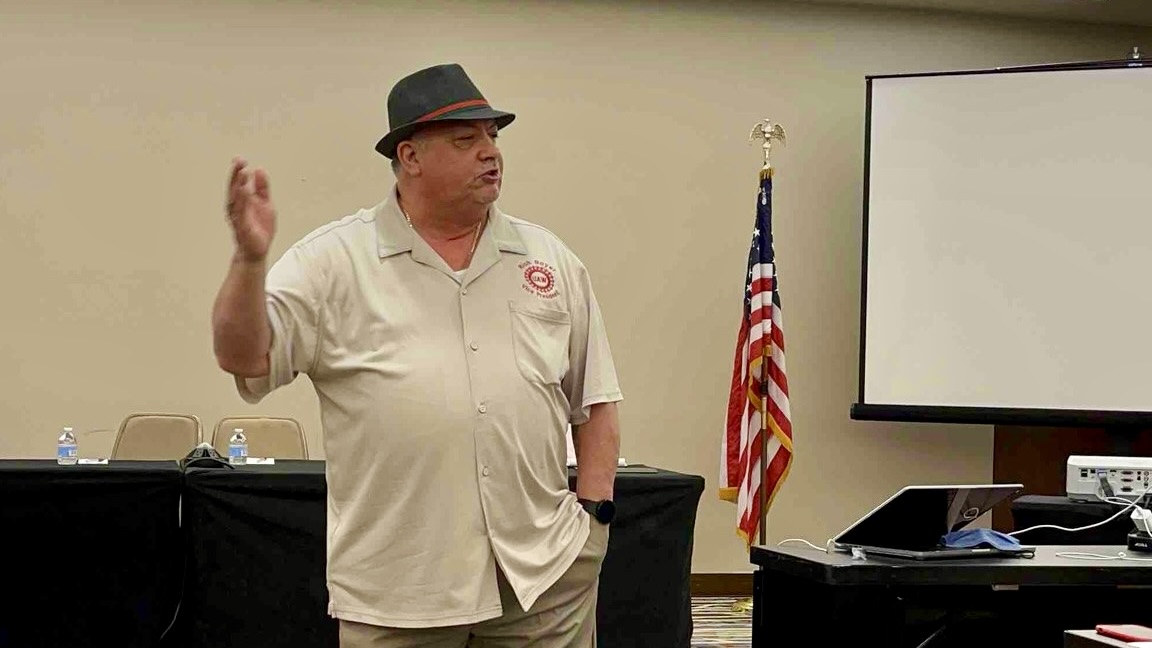
Boyer’s career in the UAW spans four decades, with three of those spent in leadership. He was elected Vice President in 2023 in what was hailed as the union’s first “direct election” for leadership positions—a major reform meant to bring greater accountability to the UAW following the corruption scandal.
Yet now, Boyer finds himself on the outside looking in. He said he decided to go public because he believes the members deserve transparency, even if speaking out puts a target on his back.
“This isn’t solely about me getting the Stellantis department back,” Boyer said. “I would love to have the assignment back. The people would love to have me back, but this is more about the fundamental direction of this union.”
He said his priority remains serving the membership, not catering to political gamesmanship at the top of the union.
“At the end of the day, I am a rank-and-file member that was fortunate enough to be put in a position to represent members, and my sole responsibility is to represent the memberships that elect me in their best interest, not the best interest of the International Executive Order,” Boyer said. “I want them to make sure that that’s why I believe I’m being attacked, because I do what I believe is right in the best interest of the membership.”
The federal monitor’s next report is expected no later than December 17, and for Boyer, that day can’t come soon enough. Until then, the UAW’s internal drama will continue to unfold under the public spotlight—a reminder that the battle for control inside the union is far from over.
Source: Detroit Free Press


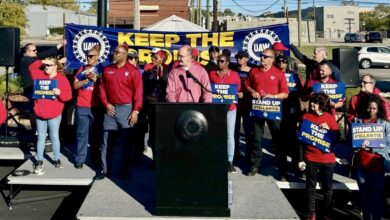



2 replies
Loading new replies...
Join the full discussion at the Mopar Insiders Forum →